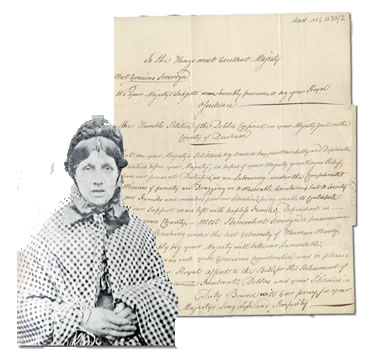

Crime and criminalsThe eighteenth and nineteenth centuries were times of great change in Britain. The country turned from a predominantly agricultural one to a predominantly industrial one, towns and cities developed quickly and by 1851 more people lived in urban areas than in rural areas. These developments were reflected in other areas of life, including attitudes to crime. As communities fragmented and traditional bonds broke down, there seemed to be an increase in the number of crimes being committed. The authorities responded by putting even more crimes on to the statute book and imposing increasingly harsh punishments for even minor misdemeanours. In order to find out more about crime and attitudes towards criminals in the period between 1750 and 1900 we are going to look at the treatment of debtors, sabbath breaking, robberies and the notorious serial killer, Mary Ann Cotton. |




